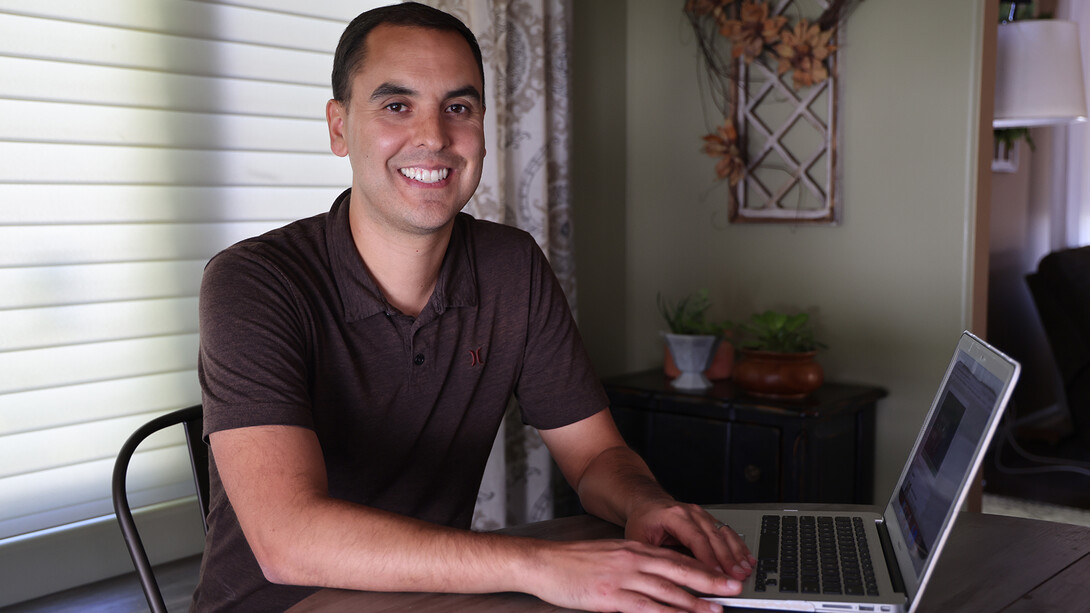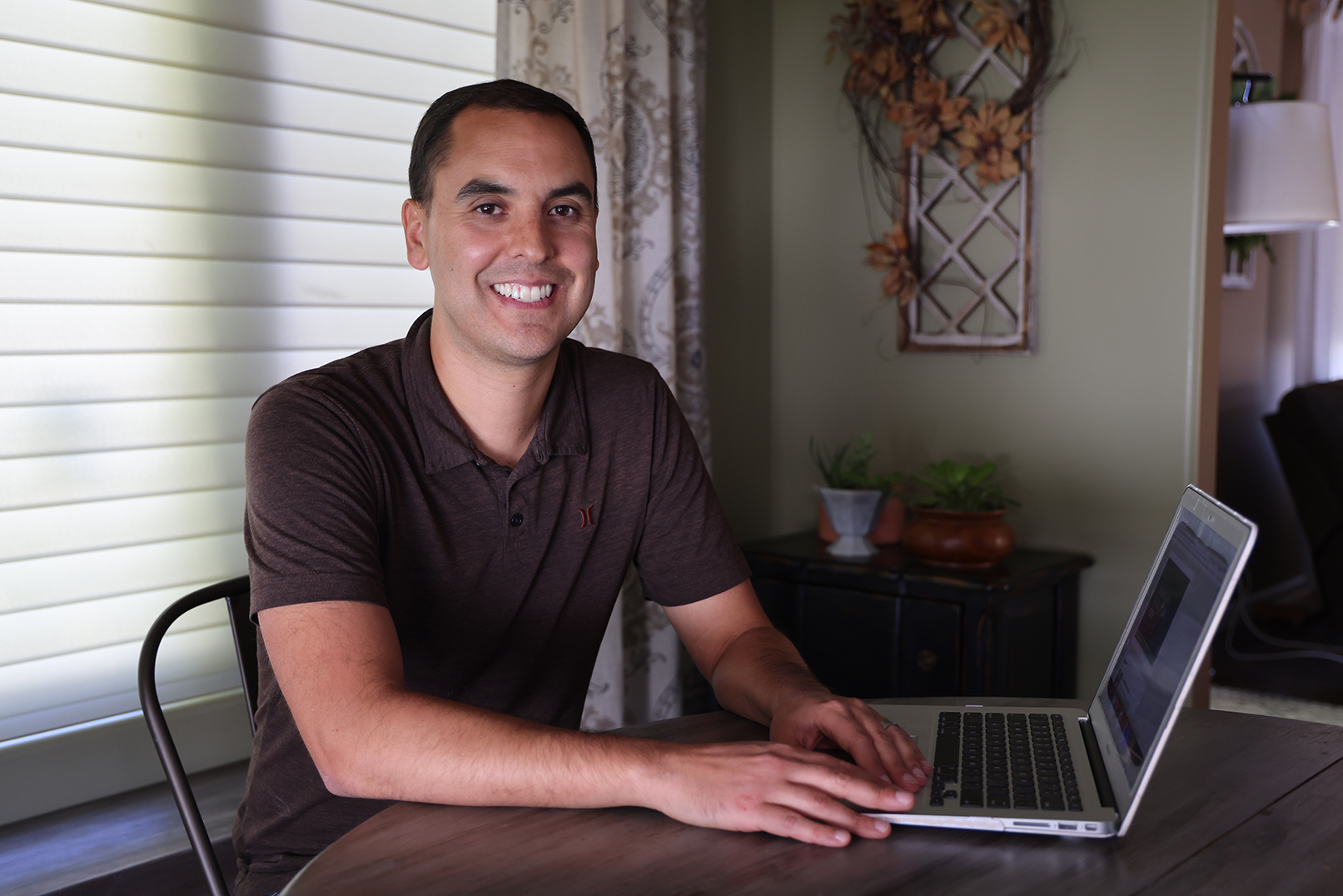
Jon Alvarado, CEO of Teach Financial Literacy, describes his online financial literacy courses with one word: empowerment.
“The course is an understanding of finances,” Alvarado said. “But it’s also an understanding of your behavior around finances. It might not always be that you’re focusing strictly on the numbers, but you’re also focusing on the psychology about how you behave around money.”
Over a series of pre-recorded video sessions, Teach Financial Literacy gives adults and youth a stronger understanding of their finances and relationship to money.
Alvarado illustrated the idea of behavior around money with buying a pair of jeans. A pair of jeans costs X dollars, but if you prefer a more expensive brand, spending more money isn’t necessarily a waste, because you value one brand over another. Alvarado admits it’s a simplistic analogy, but he says the principle carries over to investing and spending on a large scale, and it highlights how finance education is as much numerical as it is emotional.
“We try to stay away from absolutes,” Alvarado said. “We’re really trying to just have that education piece and let participants determine what’s the best fit for them.”
Alvarado understands first-hand how emotion affects money-based decisions. After Alvarado taught middle school math in Grand Island for 12 years, his father was diagnosed with cancer, and the family struggled financially. Alvarado didn’t want other families to face similar stresses, so in 2020 he contacted Sandra Barrera, coordinator for Rural Prosperity Nebraska’s Latino Small Business Program, and worked with her to found Teach Financial Literacy.
The Latino Small Business Program provides business development guidance to entrepreneurs looking to create their own businesses in Nebraska. From drafting proposals to cutting the red ribbon, Barrera offers expert advice and connects business owners with local city governments, for free and in Spanish. In 2023, Barrera has helped 145 entrepreneurs start their businesses and 354 already-existing businesses secure LLC status.
“As a first-time business owner, there’s so much financial literacy that I’m still learning, too,” Alvarado said. “There’s a lot of hoops and a lot of paperwork in getting your business set up. She was incredibly helpful for being able to navigate that process.”
From business strategies to marketing plans to curriculum development, Barrera said she helped Alvarado in whatever ways he needed. The overarching idea, however, she said, was making sure the courses met the needs of their specific audience, whether youth or adults.
For high school students, 40 short sessions cover topics such as goal setting, budgeting, college planning and career readiness. For adults, 10 sessions cover investments, debts, loans and savings, among other topics. The courses allow freedom and flexibility in how they’re approached — sessions can be taken in any order, personalized to the interests and needs of participants. In both cases, each session concludes with a quiz, and both courses can be completed in two to three weeks.
Yahaira Gonzalez, a family specialist at Completely Kids in Omaha, an organization that helps impoverished families, has gone through the courses with many of her clients.
“Teach Financial Literacy helped us provide a quality program to our families without the worry of taking on something extra,” she said. “We are very thankful for Jon Alvarado and his team for being so flexible with our families and for always trying to design the class in the best way to meet our client’s needs. The virtual sessions were very positive and included lots of conversation, which was great for our clients.”
Christy Keating, founder of The Heartful Parent Collective in Redmond, Washington, said: “With the knowledge parents gain through the course, they are able to approach daily personal finances and long-term financial decisions differently and with a deeper understanding of the potential consequences and benefits. Jon does an excellent job of making a complex topic accessible — he truly meets parents where they are at and helps them see the nuances of various decisions.”
Both youth and adult courses are offered in English and Spanish, and an Arabic version will be available soon.
As Alvarado expands his business across the country, he continues to adapt his curriculum to make sure he is connecting with participants on a personal level so they conclude the course not only understanding more about their finances, but feeling more connected to them.
“Jon’s business is important because it addresses a critical need in our community,” Barrera said. “Financial literacy is a fundamental skill that empowers individuals to make informed financial decisions, avoid debt and plan for their future. By educating people in this area, his business contributes to financial stability and overall well-being.”








